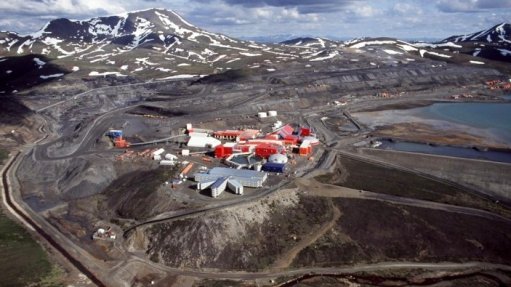Public–private collaboration needed to tackle South Africa's infrastructure challenges

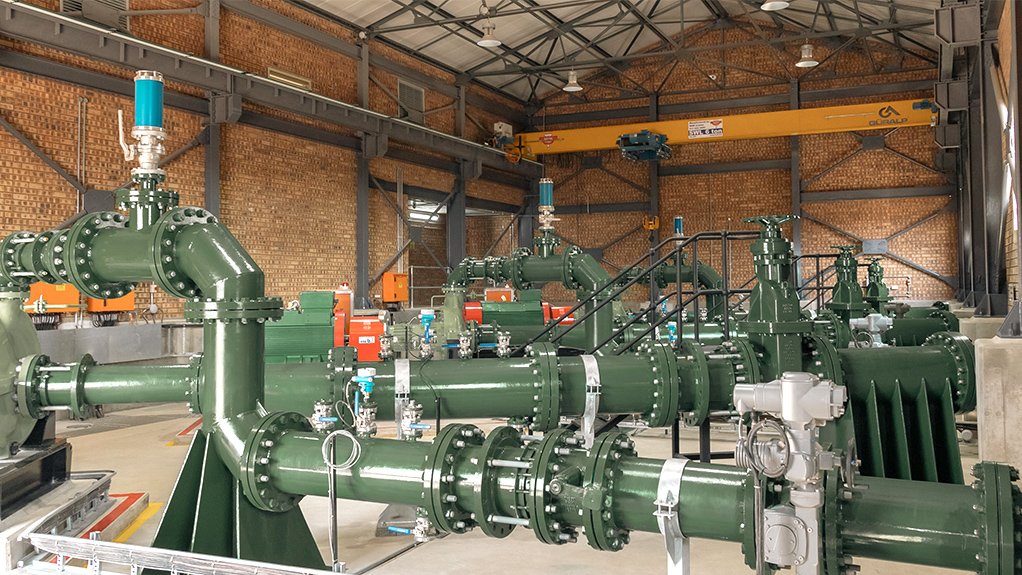
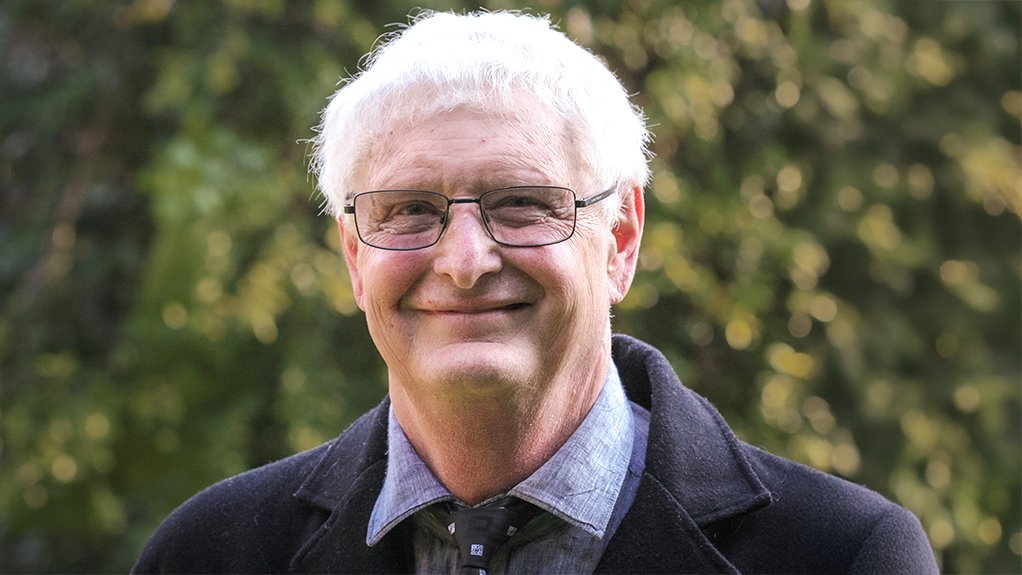
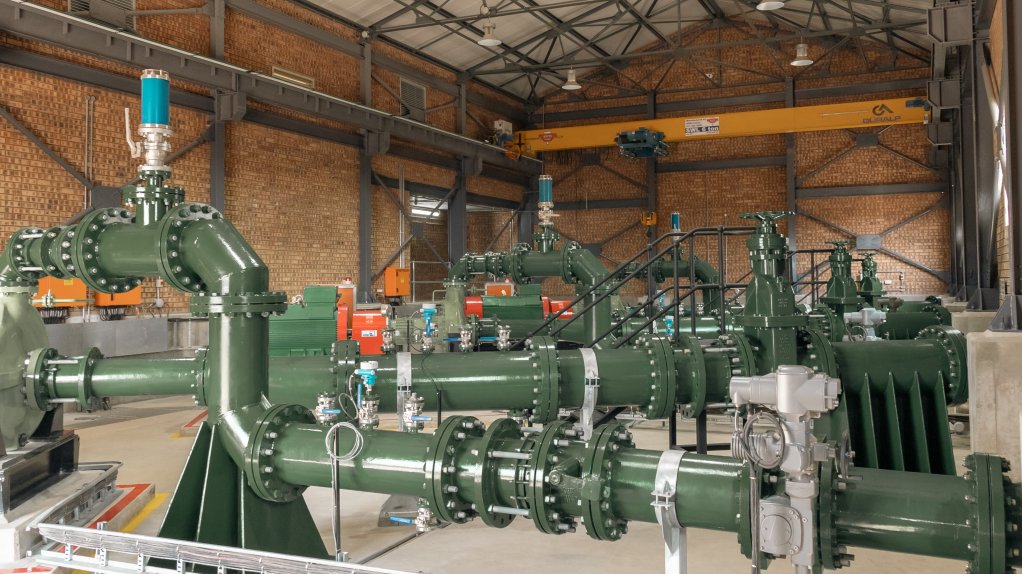
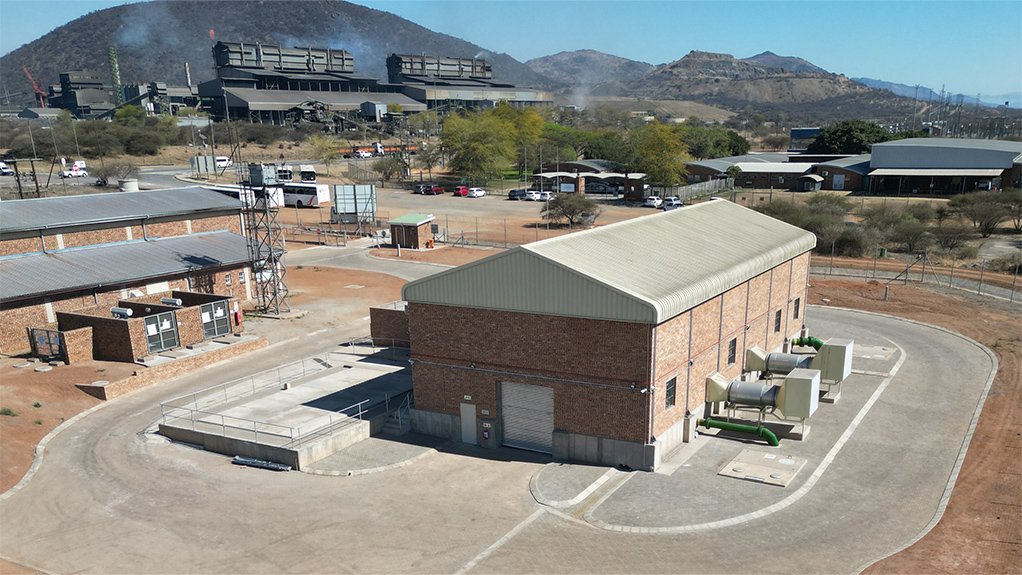
REAL RESULTS The Olifants Management Model Programme implemented by Lebalelo Water User Association expands government’s original Olifants River Water Resources Development Project to include potable water infrastructure provisioning. Pictured is the inside of the new Spitskop Pump Station 2 in Steelpoort, Limpopo
BERTUS BIERMAN Lebalelo Water User Association unites government and commercial water users to develop essential water infrastructure in Limpopo
REAL RESULTS The Olifants Management Model Programme implemented by Lebalelo Water User Association expands government’s original Olifants River Water Resources Development Project to include potable water infrastructure provisioning. Pictured is the inside of the new Spitskop Pump Station 2 in Steelpoort, Limpopo
NEW SPITSKOP PUMP STATION The public–private collaboration model offers a scalable and adaptable approach to tackling the infrastructure challenges facing South Africa
South Africa faces immense challenges in developing and maintaining the infrastructure it needs to support social and economic growth. From water shortages to the energy crisis, no single entity, be it government or the private sector, can address these issues alone.
To overcome these hurdles, South Africa must embrace a collaborative approach, such as that adopted through the country’s Government of National Unity (GNU), to leverage the strengths of the public and private sectors to create long-lasting, sustainable solutions, says Lebalelo Water User Association (LWUA) CEO Bertus Bierman.
“When these sectors align, combining resources and expertise, as well as a shared commitment to success, they will unlock new possibilities for large-scale infrastructure development.”
LWUA has developed an alternative model for infrastructure development called the "hive concept”, which draws inspiration from the natural world. The concept reflects the need for synergy between government, industry and communities to build infrastructure that serves everyone, creating a foundation for long-term economic and social stability.
Just as bees work together to build and maintain a hive, where each contributes to and benefits from the collective effort, public and private entities can join forces to construct, operate and sustain regional infrastructure, explains Bierman.
“The ‘honey’ in this case is the long-term, shared benefits that flow from well-maintained infrastructure, benefiting not only businesses but also the communities they serve.”
LWUA serves as a non-profit aggregator (representing the hive) where its members (the bees) collectively bring in resources and expertise to develop and sustain the infrastructure system for shared benefit (the honey).
The Olifants Management Model Programme (OMMP), a R25-billion public–private collaboration being implemented by LWUA, is a practical example of how the principles of collective governance can be applied to infrastructure development.
“Much like the formation of GNU, LWUA unites government, represented by the Department of Water and Sanitation, and commercial water users, which include mining companies and industrial users, to develop essential water infrastructure in Limpopo,” advances Bierman.
The OMMP builds on government’s original Olifants River Water Resources Development Project and expands it to include potable water infrastructure provisioning. Rolled out in phases, the programme aims to fast-track the construction of bulk raw and potable water infrastructure for communities and commercial users in Sekhukhune district municipality and Mogalakwena local municipality, optimise existing infrastructure and water supply of the De Hoop and Flag Boshielo dams in the Middle Olifants catchment, and enhance water supply to Polokwane local municipality. By integrating potable water infrastructure alongside bulk raw water supply, it aims to serve communities and businesses, ensuring reliable water supply to both.
Based on LWUA’s experience with the OMMP, Bierman says the model can be replicated in other sectors where infrastructure is depreciating or lacking by applying six key principles: identifying a common need; building trust early on; focusing on socioeconomic impact; creating a collaborative structure; sharing responsibility and risk; and being patient and adaptable.
The public–private collaboration model offers a scalable and adaptable approach to tackling the infrastructure challenges facing South Africa, he highlights.
“It holds promise for similar large-scale projects in other sectors, such as energy, transport and telecommunications, where extensive regional linear and utility infrastructure is required.”
By pooling public and private resources, sharing control and aligning goals, South Africa can fast-track development while ensuring that the benefits are distributed equitably in support of a prosperous and sustainable future for all South Africans, concludes Bierman.
Article Enquiry
Email Article
Save Article
Feedback
To advertise email advertising@creamermedia.co.za or click here
Press Office
Announcements
What's On
Subscribe to improve your user experience...
Option 1 (equivalent of R125 a month):
Receive a weekly copy of Creamer Media's Engineering News & Mining Weekly magazine
(print copy for those in South Africa and e-magazine for those outside of South Africa)
Receive daily email newsletters
Access to full search results
Access archive of magazine back copies
Access to Projects in Progress
Access to ONE Research Report of your choice in PDF format
Option 2 (equivalent of R375 a month):
All benefits from Option 1
PLUS
Access to Creamer Media's Research Channel Africa for ALL Research Reports, in PDF format, on various industrial and mining sectors
including Electricity; Water; Energy Transition; Hydrogen; Roads, Rail and Ports; Coal; Gold; Platinum; Battery Metals; etc.
Already a subscriber?
Forgotten your password?
Receive weekly copy of Creamer Media's Engineering News & Mining Weekly magazine (print copy for those in South Africa and e-magazine for those outside of South Africa)
➕
Recieve daily email newsletters
➕
Access to full search results
➕
Access archive of magazine back copies
➕
Access to Projects in Progress
➕
Access to ONE Research Report of your choice in PDF format
RESEARCH CHANNEL AFRICA
R4500 (equivalent of R375 a month)
SUBSCRIBEAll benefits from Option 1
➕
Access to Creamer Media's Research Channel Africa for ALL Research Reports on various industrial and mining sectors, in PDF format, including on:
Electricity
➕
Water
➕
Energy Transition
➕
Hydrogen
➕
Roads, Rail and Ports
➕
Coal
➕
Gold
➕
Platinum
➕
Battery Metals
➕
etc.
Receive all benefits from Option 1 or Option 2 delivered to numerous people at your company
➕
Multiple User names and Passwords for simultaneous log-ins
➕
Intranet integration access to all in your organisation















